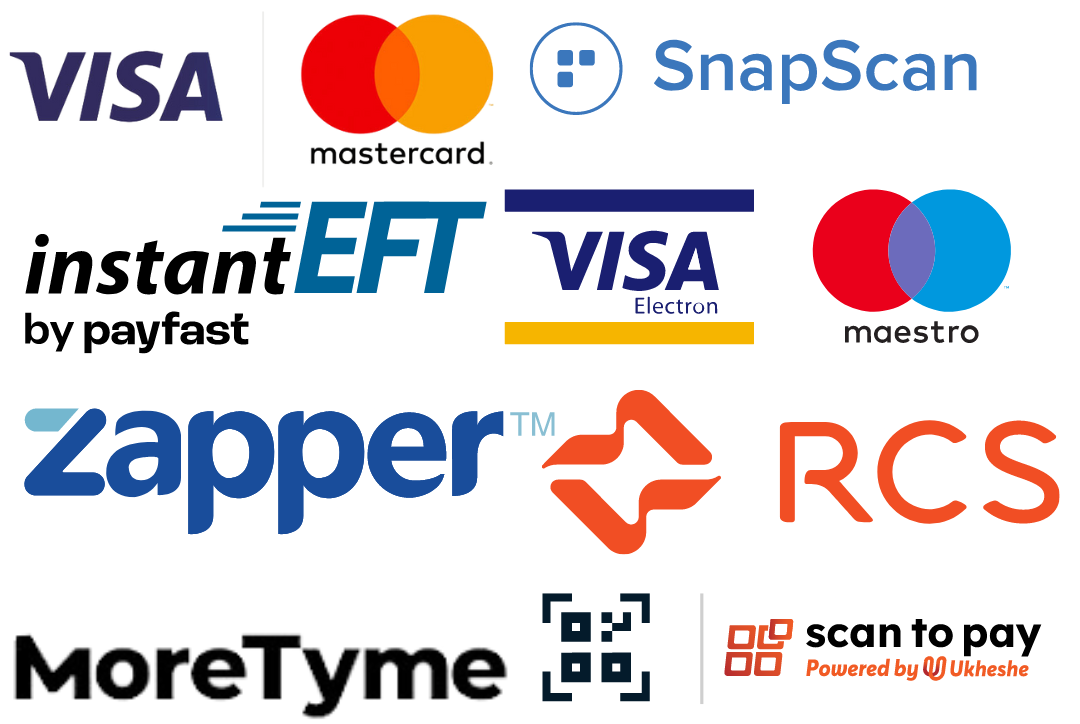Did you know that having a custom domain for your business is a fantastic way to boost your brand recognition and credibility? It can also help improve your SEO and establish a more professional online presence. If you’re looking for ways to stand out from the competition, a custom domain is definitely worth considering. We would love to help you take your online presence to the next level!

Boost your online brand with a custom domain. Create a professional website and email, establish credibility, and enjoy global connectivity affordably.

Upgrade your brand's online presence with a custom email domain. Ditch generic email addresses and make your mark on the web!

Invest in a customised domain today for better networking opportunities and higher revenue.
Your online address is only a few clicks away! It’s time to take your business online.




Domain registration is the process of acquiring and registering a unique domain name for a website. It involves selecting a domain name and completing the necessary registration with a domain registrar to claim ownership and exclusive rights to that domain name for a specific period of time.
A domain name is a unique and human-readable address that is used to identify and locate websites on the internet. It typically consists of two main parts: the top-level domain (TLD) and the second-level domain (SLD). For example, in the domain name "example.com," "example" is the SLD, and ".com" is the TLD.
The registration period for a domain name varies and depends on the policies of the domain registrar. Typically, domain registrations can be made for a minimum period of one year and can be extended to multiple years, such as two, five, or even ten years. Some registrars may offer longer registration periods as well.
No, it is not possible to register a domain name forever. When you register a domain, you are essentially leasing it for a specific period, typically one year or longer. To continue using the domain name, you need to renew the registration before it expires. Failing to renew the registration can result in losing ownership of the domain.
WHOIS information refers to the publicly accessible details about the registered owner of a domain name. It includes information such as the domain owner's name, contact details, registration and expiration dates, name servers, and more. This information is maintained by domain registrars and is accessible through WHOIS lookup tools.
Yes, you can register a domain name without having an associated website. Many individuals and businesses register domain names for future use or to secure a specific name before someone else claims it. Once you have a registered domain, you can connect it to a website or use it for other purposes like email services or redirecting to an existing website.
No, if a domain name is already registered by someone else, you cannot register the same domain name with the same TLD. However, you can try alternative options such as using a different TLD or modifying the domain name slightly to find an available variation. It's important to respect trademark and copyright laws when choosing a domain name.
If you don't renew your domain registration before it expires, several things can happen. Initially, your website and associated services (such as email) may become inaccessible. The domain will enter a grace period during which you may still be able to renew it without additional fees. If you fail to renew within the grace period, the domain may enter a redemption period, during which you can typically still retrieve the domain but at a higher cost. Ultimately, if you don't renew during the redemption period, the domain may become available for others to register.


Chat with us on WhatsApp